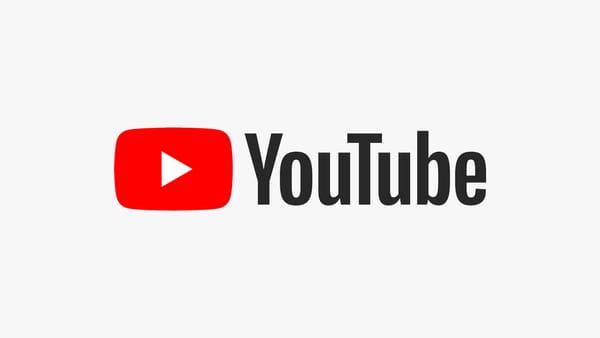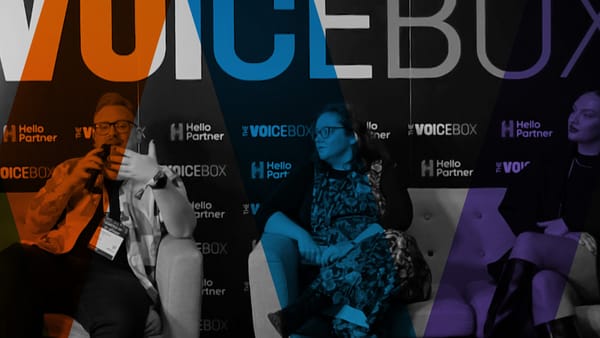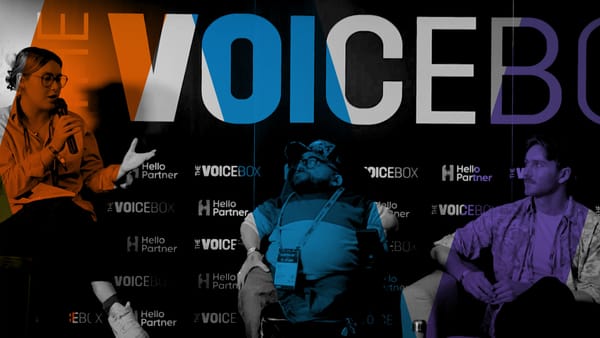It seems like reality may finally be making a comeback.
A relatively new social media app called BeReal has captured the imaginations of Gen Z and drawn a sudden burst of media attention as a result.
The premise is breathtakingly simple. At some random point during each day, BeReal’s members are asked to take and share a photo of what they’re doing at that moment in time. These photos are unfiltered and un-photoshopped. There’s no way to add dog ears or a halo to the image. You can’t like or share someone else’s pictures, and there’s no competition for who can amass the largest number of followers. Also: There are no ads.
Whilst you can’t currently advertise on BeReal, brands are finding a way to get involved, typically getting employees or influencers to actually own their accounts. For example, Chipotle have an account and has used this for competitions, like showing a password on a napkin that people can then come into store and use for money off their order.
The user photos themselves are largely unremarkable. They’re often blurry, poorly framed, and badly lit. There are a lot of images of people sitting in front of laptops or holding their phones while commuting or cooking.
You could think of it as the ‘Unstagram’ or the anti-Snapchat.
Relative to these social media giants, BeReal is still minuscule – just 400,000 active daily users so far. But it’s grown nearly 4000% over the past year. And while a platform where people can’t like and share images in a viral way may sound like a terrible choice for brands, there’s a lesson to be learned from it.
The platform’s sudden fame is really the result of something that we have been aware of for a long time: Gen Z craves authenticity.
The roughly 2.5 billion people between the ages of 10 and 25 are now the largest single global cohort. Brands that hope to reach this generation (in other words, all brands) need to pay close attention to platforms like BeReal because they offer a clue to just how dramatically the rules of marketing have changed.
The five essential values of Gen Z
Gen Z has been called the “most racially, ethnically, and sexually diverse generation in history.” It’s also the first generation to have grown up in a world where the internet was simply there, the way television and telephones were simply there for their parents.
As a result, they’ve developed their own unique set of values. Brands that want to resonate with younger audiences need to understand these values.
Authenticity. As digital natives, Gen Z has already been marketed to death. Their BS detectors are extremely well tuned. They hate traditional advertisements. But they flock to content that feels real to them, especially if it’s generated by members of their cohort. More than four out of ten say they’ve made purchase decisions based on recommendations from social influencers.
Sustainability. Climate change is the single greatest issue on the minds of Gen Z, and companies that acknowledge and respond to this global crisis are held in higher esteem. More than 60% say they prefer to buy products from sustainable brands and are willing to pay more as a result.
Diversity. Research by McKinsey reveals that Gen Z reject brands they perceive as macho, racist, or homophobic by a ratio of 4:1. Brands such as Nike and Asos receive higher marks from this generation for the gender representation and inclusivity of their marketing.
Community. For this cohort, the products they purchase are an extension of their identity – their own personal brand. And they seek to form communities with people of similar tastes. According to research by Meta, 41% of Gen Z connect more closely to companies when they post content that makes them feel like part of a brand’s community.
Honesty. Young people are more inclined to embrace issues of social change and to make purchases from companies whose values match their own. They expect companies to speak out on social issues. This makes brands understandably nervous – taking a stance on controversial topics means potentially alienating a segment of future customers. But not taking a stand will likely be worse in the long run.
Time to get real
Fortunately, there are certain issues Gen Z tends to be of one mind about – like climate change and social justice – that are less polarising and easier for brands to endorse. The key is to do it authentically and visibly. Brands can’t just talk the talk, they also need to walk the walk.
Ultimately, like that emerging photo-sharing app, Generation Z just wants to be real. It’s time for brands to join them.








